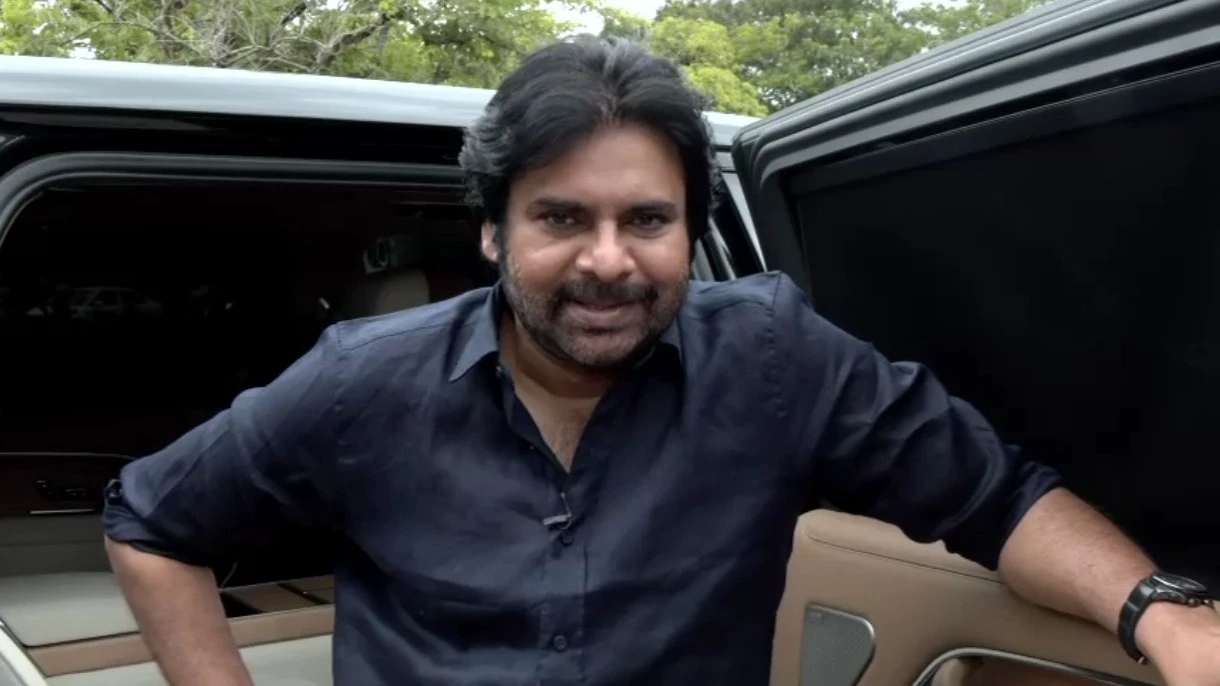Actor-politician Pawan Kalyan has said that no language should be imposed on anyone, asserting that he stands firmly for national integrity.
Speaking exclusively to India Today, the 53-year-old Deputy Chief Minister of Andhra Pradesh addressed the ongoing language controversy and clarified his position on Hindi amid allegations that it’s being imposed by the Centre.
“No language should be imposed on anybody. I stand for national integrity,” he said during the interview. Explaining his own need to learn and use Hindi, he added, “We are surrounded by Hindi-speaking states. Hindi is a necessity for me.”
Kalyan also pointed out that political parties and individuals sometimes spark negativity around the issue for their own motives. “Sometimes parties or people spark negativity,” he remarked, suggesting that the language question is often weaponised for political gain rather than genuine cultural concerns.
“When I was in school, Hindi was just a second language for all of us. I am able to read and write it today because I learned it then,” he said. “I don’t know why suddenly it became such a big issue, even in Andhra Pradesh which shares borders with Chhattisgarh, Odisha and Karnataka. Telangana itself has a mixed culture – Urdu and Telugu coexist. Instead of saying ‘hospital,’ people say ‘dawakhana’. What’s wrong with that?”
Kalyan questioned the opposition to Hindi voiced by some political leaders in Telangana, attributing it to political opportunism. “It’s surprising. I think this is more about the hatred towards BJP or Modiji, and that hatred is being transferred onto Hindi. That’s how I see it,” he said.
While maintaining his view that language should not be enforced, Kalyan argued that Hindi, like English, has become a practical necessity. “No one taught me English by force. It became a necessity. Today we’re speaking in English not because we love it, but because it has become essential. Similarly, Hindi is also necessary today,” he explained.
Responding to criticism of inconsistency in his stance, Kalyan pointed to his multilingual upbringing and professional experience. “I grew up in Chennai. I love Tamil. I learned it out of interest and necessity – not because anyone forced me. I do the same when I visit Karnataka or Maharashtra. I try to speak Kannada or Marathi. That is the approach we need. A multilingual perspective is important for national linguistic integration.”
Asked whether he would maintain this view in Tamil Nadu, where resistance to Hindi imposition is strongest, Kalyan said he already had. “I have said this before and I will say it again. I love Hindi and respect it – it was my second language in school. Language should be for better communication and integration, not for division,” he said. He cited Tamil poet Subramania Bharati as an example of cultural and linguistic integration. “Bharati grew up in Kashi. His attire resembled a Sikh turban. He embraced integration in thought, language and attire. There are great people in Tamil Nadu who welcome Hindi.”
Kalyan warned that forced imposition would only provoke opposition. “Even a child resists when the mother forces something. You have to create awareness about why learning Hindi is important, not impose it. If you speak to people rationally and logically, you’ll get results,” he said.
